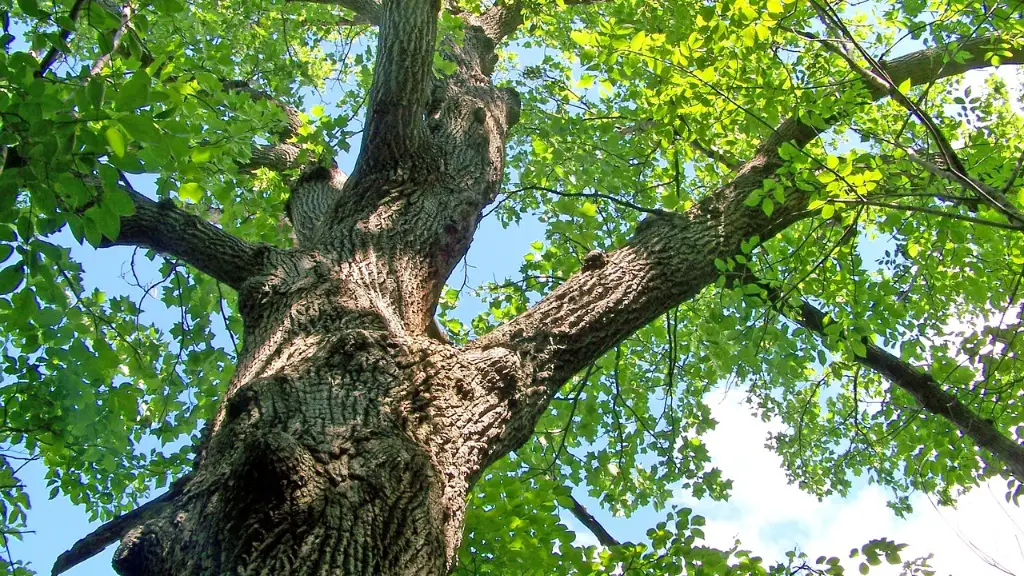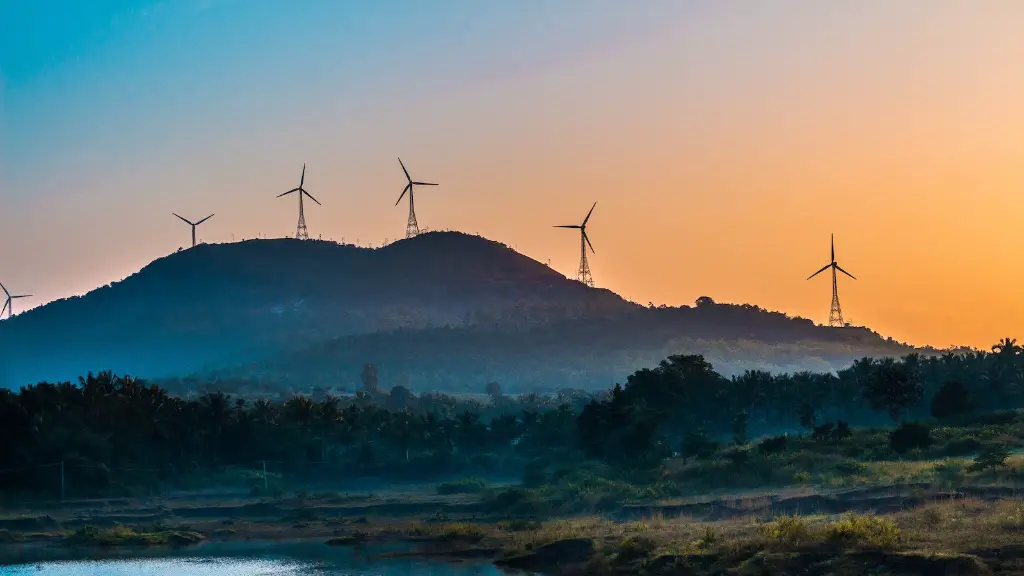The world has seen a drastic pattern of change in its climate over the past century, which is primarily attributed to human activities such as burning fossil fuels for transportation and electricity. Such activities are estimated to produce 30 percent of our total greenhouse gas emission, and global warming is becoming an increasingly pressing issue in our society. Many now pose the question: is global warming a global problem?
The answer to this question is both yes and no. On the one hand, global warming is only expected to worsen in the years to come unless significant measures are taken to curb emissions and reduce mankind’s carbon footprint. Unless this issue is addressed, it is likely that severe consequences will be felt by future generations in the form of extreme weather conditions, shifting ecosystems, and an overall degradation of quality of life as we know it. Climate change is a problem that spans entire continents and affects the livelihoods of both humans and animals.
On the other hand, not every part of the globe is affected in the same way. For example, some regions of the world are more vulnerable and are already seeing the effects of global warming. Areas such as the Arctic, tropical islands, and coastal cities are especially at risk for flooding, extreme heat and other environmental changes caused by rising temperatures. Furthermore, countries that rely heavily on natural resources such as water, land, and species are bearing the brunt of the effects of climate change due to their geographic location, limited resources, and inadequate infrastructure. As a result, their citizens are the first to suffer from repercussions such as food insecurity, water scarcity, and economic instability.
What’s more, the uneven burden of climate change is likely to exacerbate existing inequalities among nations, such as those seen through the industrialized, wealthy countries able to invest in technologies to mitigate their greenhouse gas emissions on one hand, and the poorer, developing countries who are unable to do so on the other. In addition, small island countries are particularly vulnerable due to their limited resources and geographic location, making them the first to suffer from the consequences of global warming such as rising sea levels.
Scientists agree that in order to reverse the accelerating trend of global warming and combat climate change, significant changes are necessary, not only in the environment but also in politics and policy. With the right interventions, we can make real and lasting change that will benefit not only our own society, but all of humanity. By implementing solutions that address the issue on a global level, we can ensure that no one is left behind and that global warming is indeed a global problem.
Fortunately, governments and organizations around the world have started to recognize global warming as an urgent threat and are taking action. A common agreement between countries worldwide is needed in order to properly address the issue and drive global progress. International climate treaties and sustainable development goals provide the basis for global change and provide a framework for countries to take collective and collaborative action.
Thus, although global warming is indeed a global problem, it is not an issue that can be solved by any one country or individual. It will take a collective, widespread effort from all affected countries to effectively mitigate its effects. By implementing effective solutions to combat climate change, we can ensure the safety and well-being of future generations and give them a sustainable, livable world.

